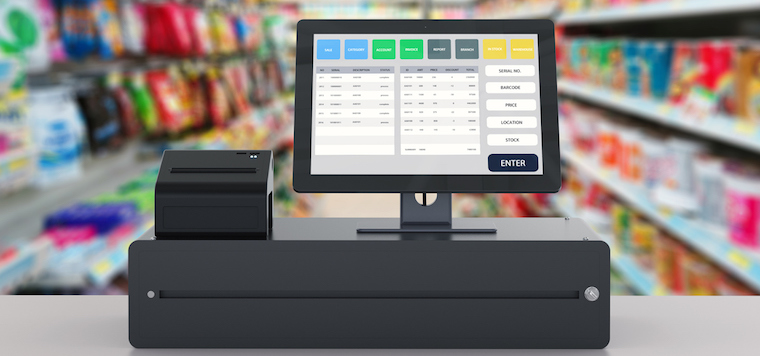In a 5-4 decision, the Supreme Court ruled on Thursday (June 21,2018) that online retailers can be required to collect sales taxes in states where they have no physical presence. Brick-and-mortar small businesses have long complained they are disadvantaged by having to charge sales taxes while many of their online competitors do not. And states have said they are missing out on tens of billions of dollars in annual revenue. There are other small businesses that sell their products online who have argued that the cost of processing taxes for thousands of different jurisdictions is prohibitive. Over the years, however, sales-tax automation software like Avalara and TaxJar has been developed as solutions for charging, processing and paying sales taxes.
See earlier SmallBusiness.com coverage of South Dakota v. Wayfair
The ruling overturned the 1992 Supreme Court decision Quill Corporation v. North Dakota which had determined the Constitution prohibited states from requiring businesses to collect sales taxes unless they have a substantial connection to the state.
Determing that Quill was outdated during the era of e-commerce, South Dakota enacted a law that required all merchants to collect a 4.5 percent sales tax if they had more than $100,000 in annual sales or more than 200 individual transactions in the state. State officials sued three large online retailers — Wayfair, Overstock.com, and Newegg — for violating the law.

Justice Anthony Kennedy | In writing for the majority, Justice Anthony Kennedy singled out Wayfair, an online retailer of home goods and furniture. “(Wayfair’s) advertising seeks to create an image of beautiful, peaceful homes, but it also says that ‘one of the best things about buying through Wayfair is that we do not have to charge sales tax….What Wayfair ignores in its subtle offer to assist in tax evasion is that creating a dream home assumes solvent state and local governments.”:
Using the Quill decision as precedent, Lower courts had ruled for the online retailers in the South Dakota case. On Thursday, Justice Kennedy wrote that the world has changed since 1992, when mail-order sales totaled $180 billion. “Last year,” he wrote, “e-commerce retail sales alone were estimated at $453.5 billion. Combined with traditional remote sellers, the total exceeds half a trillion dollars.”
Justice Kennedy said the decision left open the possibility that some transactions were so small and scattered that no taxes should be collected. The court also did not decide whether states may seek sales taxes retroactively.
Chief Justice John Roberts | Writing for the minority, Justice Roberts said the ruling will impose small businesses who sell online with new burdens in trying to comply with a tangle of tax laws. “Texas taxes sales of plain deodorant at 6.25 percent but imposes no tax on deodorant with antiperspirant,” Roberts wrote. “Illinois categorizes Twix and Snickers bars — chocolate-and-caramel confections usually displayed side-by-side in the candy aisle — as food and candy, respectively (Twix have flour; Snickers don’t), and taxes them differently.”
“One vitalizing effect of the internet has been connecting small…to potential buyers across the nation,” he wrote. “People starting a business selling their embroidered pillowcases or carved decoys can offer their wares throughout the country — but probably not if they have to figure out the tax due on every sale.”
What about Amazon.com?
While Amazon.com is by far the largest online retailer in the U.S., it wasn’t directly involved in the current court review. In the past, Amazon used Quill to avoid collecting sales tax at all. The company has gradually changed its position as it has built warehouses — and thus, created a greater physical presence — all over the country. The company now says it backs a nationwide approach that would relieve retailers from dealing with a patchwork of state laws. When selling its own inventory, Amazon charges sales tax in every state that imposes one, but about half of its sales involve goods owned by third-party merchants. For those items, the company says it’s up to the sellers to collect any taxes, and many don’t.
Correction | In 1992, U.S. mail-order sales were estimated to be $180 billion. An earlier version of the article used the incorrect number, $180 million.
Find more information regarding the
South Dakota v. Wayfair decision at SCOTUSblog.com
Also on SmallBusiness.com
Supreme Court Reconsiders if Online Retailers Can Continue to Avoid Collecting Sales Tax | 2018
Photos | iStock
